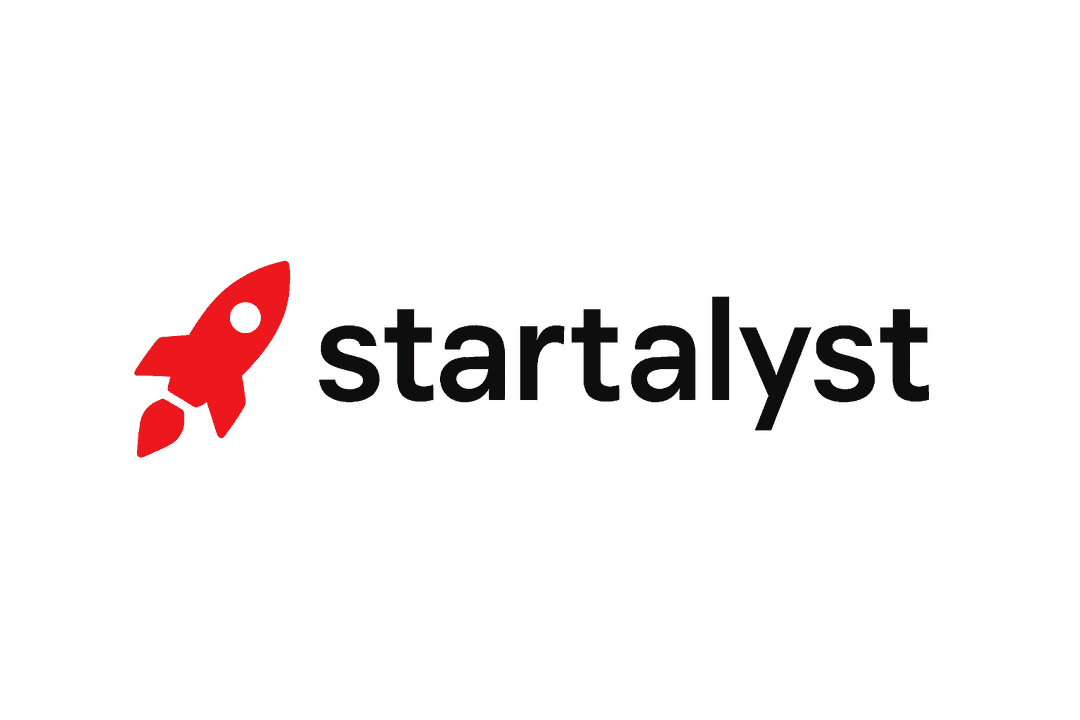Best Small Town Business Ideas Starter Guide
How to Get the Best Results
Small towns reward clarity and close relationships more than flashy marketing. Pick one small business idea and test it in a single neighborhood or weekly market before trying to scale.
Focus on local strengths: easy parking, regular customers, seasonal events, and nearby producers. Use low-cost experiments to validate demand and iterate quickly.
Step 1 — Who are you?
Choose the profile that most matches your experience so you can leverage existing relationships and skills in the community.
- Retired chef — cooking — You can launch a weekend supper club or frozen meal service using local produce to win repeat customers.
- High school student — sales — You can start a lawn care or delivery service that fills gaps for busy neighbors and seniors.
- Experienced mechanic — repair — You can offer mobile diagnostics and light repairs that save townspeople long drives to the city.
- Stay-at-home parent — organizing — You can run a kids activity class or drop-in babysitting that fits school schedules and parent networks.
- Local farmer — growing — You can add value with a farm stand, CSA boxes, or on-farm experiences that attract local shoppers.
- Graphic designer — design — You can build brand packages for other small businesses and become the go-to for Main Street marketing.
- Teacher or tutor — teaching — You can create after-school tutoring, test prep, or enrichment workshops tailored to local school calendars.
Step 2 — Add interests & skills
Pick the skills you enjoy; they shape sustainable business ideas that feel less like work and more like a service to your town.
- Gardening You can start seasonal landscaping, vegetable bed installs, or a plant subscription for neighbors.
- Baking You can sell bread and pastries at the farmers market and take weekday preorders for offices and events.
- Auto repair You can provide mobile tune-ups and winterization services that reduce travel for residents.
- Pet care You can offer dog walking, mobile grooming, or in-home pet sitting that fits rural schedules.
- Marketing You can run low-cost digital campaigns and Facebook group ads that target nearby ZIP codes effectively.
- Handyman You can handle small home repairs and seasonal maintenance that larger contractors overlook.
- Crafts You can create a retail corner of handmade goods that appeals to tourists and locals at summer events.
- Teaching You can host workshops in cooking, crafts, or music at the library or community center.
- Driving You can set up a shuttle or delivery service connecting residents to city appointments and grocery runs.
- Event planning You can organize farmers markets, pop-up dinners, and holiday fairs that boost Main Street traffic.
- Social media You can manage profiles and online menus for local restaurants to improve pickup and delivery orders.
- Cooking You can start a meal-prep subscription aimed at workers at the local mill or school staff.
- Sales You can run a mobile consignment route or thrift pop-up that rotates through community events.
- Web design You can build simple booking sites for B&Bs, tour operators, and local service providers.
- Photography You can offer family portraits, product shots, and event coverage that small downtown shops need.
Step 3 — Set available capital
Match your idea to how much you can safely spend. Small towns lower many startup costs, but plan for essentials like insurance and a basic permit if required.
- ≤$200 You can start with services that require little equipment, such as tutoring, pet sitting, social media management, or selling baked goods at a market.
- $200–$1000 You can buy basic tools, signage, a mobile cart, or inventory to launch a pop-up cafe, specialty food stall, or mobile detailing service.
- $1000+ You can rent a small storefront, invest in a used food truck, or buy machinery for a repair shop or small manufacturing niche that serves the region.
Step 4 — Choose weekly hours
Decide how much time you can commit each week; many small town businesses succeed by concentrating on predictable windows.
- Mornings You can serve commuters and families with coffee, breakfast sandwiches, or a farmers market stall during peak foot traffic.
- Evenings and weekends You can run supper clubs, event venues, or classes that fit social schedules and draw visitors from nearby towns.
- Flexible part time You can mix deliveries, online sales, and appointment-based services that scale with local demand.
Interpreting your results
- Look for overlaps between your skills, available capital, and the town’s calendar. If multiple good fits point to food, consider starting with a market stall before committing to a full cafe.
- Track simple metrics in the first month: repeat customers per week, average sale, and busiest day. Those numbers tell you whether to expand hours, add products, or pivot.
- Prioritize word of mouth and local partnerships. Schools, churches, and service clubs can provide reliable customers and low-cost promotion.
- Plan for seasonality and build a cash buffer for slow months. Offer services that smooth income across the year, such as subscriptions, repairs, or classes.
- Keep permits and insurance in mind early. A quick conversation with the town clerk avoids surprises and speeds your launch.
Use the generator above to try different combinations of background, skills, capital, and hours until you land on the best small town business ideas that match your life and the community.
